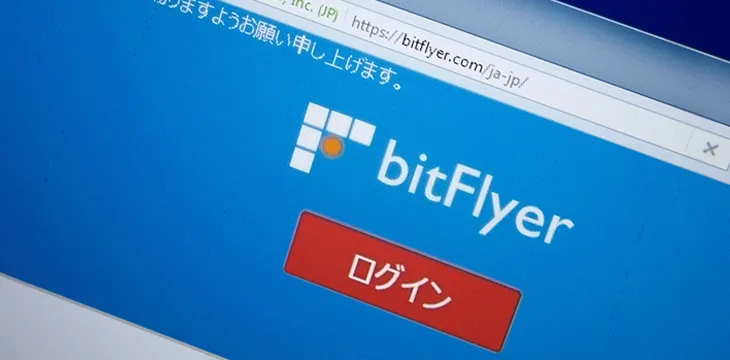|
Getting your Trinity Audio player ready...
|
The founder of Japan’s largest digital asset exchange BitFlyer is seeking a comeback as CEO of the troubled exchange, a new report has revealed.
Yuzo Kano stepped down as the BitFlyer CEO in 2019 after leading the exchange to dominate the Japanese market. His resignation came after the country’s Financial Services Agency (FSA) launched probes into exchanges and demanded more stringent KYC and AML measures.
Kano is now seeking a comeback and wants to take the exchange public, Bloomberg reports. The former Goldman Sachs derivative trader told the outlet he would table his proposal at a shareholders’ meeting in March.
Despite being the majority shareholder, with a 40% stake, Kano’s planned return to BitFlyer will be an uphill task. Since leaving the exchange, he has been accused of sabotaging it and fallen out of favor with most other shareholders.
His biggest feud with fellow shareholders came last year when he quashed the proposed acquisition of the exchange by Singaporean investment firm ACA. According to Kano, the acquisition was just a ploy to kick him out of the exchange. He alleges that Masaaki Seki, the former head of risk who now heads the exchange, conspired with other shareholders to sell BitFlyer on the cheap to ACA.
“They wanted to get rid of me, both as a shareholder as well as the representative of a subsidiary,” Kano said.
ACA chairman Akihiro Azuma has denied the claims.
Seki wasn’t the first to take the reins at BitFlyer. Others who have ascended to the role haven’t fared so well, with many blaming Kano’s constant interference. But according to Kano, everything he did was for the good of the exchange.
“It’s my responsibility to point out issues and demand improvement. I reprimand people when they cause problems, make false reports, or fail to do whatever they are supposed to do,” he tells Bloomberg.
BitFlyer founder wants to take Japan to its former glory
BitFlyer, while the largest exchange in Japan, is a tiny player in the global space. In the past 24 hours, it only processed $50 million in trading volume, way below others like South Korea’s Upbit and Hong Kong’s LBank, which processed over $1 billion.
Since the collapse of Mt. Gox almost a decade ago, Japanese exchanges have struggled to gain adoption on the global stage. Kano says he can change this and take BitFlyer to the ‘big boy table.’
If he resumes his role as the CEO, his priority is to give the exchange a facelift and bring in new products. He noted that BitFlyer “is becoming a company that produces nothing new.”
Japan has become one of the most stringent digital asset jurisdictions. These strict regulations saw FTX Japan become the only FTX subsidiary unaffected by the SBF contagion. As CoinGeek reported, FTX Japan resumed withdrawals this month.
Japan’s stringent regulations have seen some of the largest global exchanges exit the market, unable to keep up. Kraken announced its exit from the East Asian nation in December, while Coinbase (NASDAQ: COIN) confirmed its exit last month.
These strict regulations, Kano points out, are Japan’s biggest strength.
“There are very strict regulations in place now to protect customers, which can be a model for the rest of the world,” he noted.
If he takes BitFlyer public, Kano will write history as Japan has yet to see a publicly-listed digital asset exchange, following in the steps of Coinbase in the United States.
Watch: Blockchain for Digital Transformation of Nations

 07-02-2025
07-02-2025 





